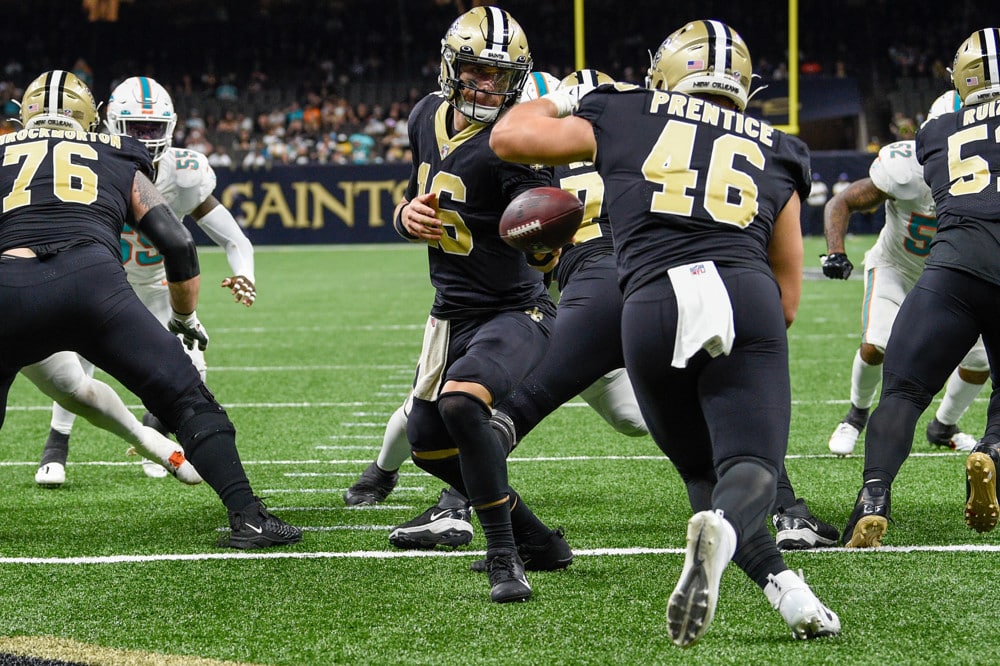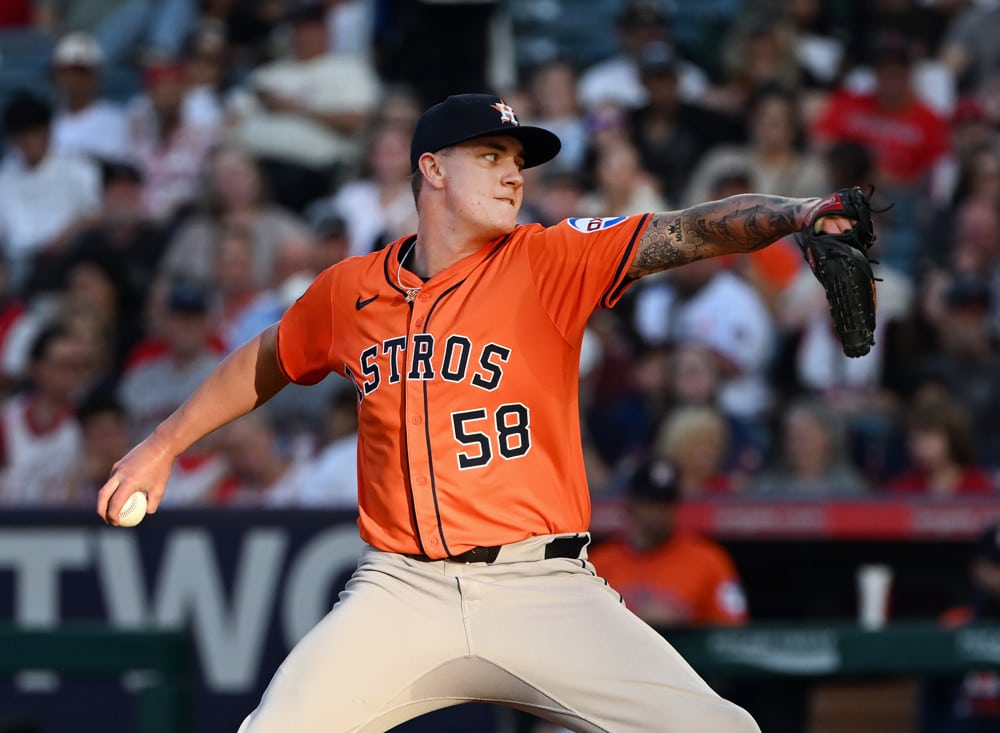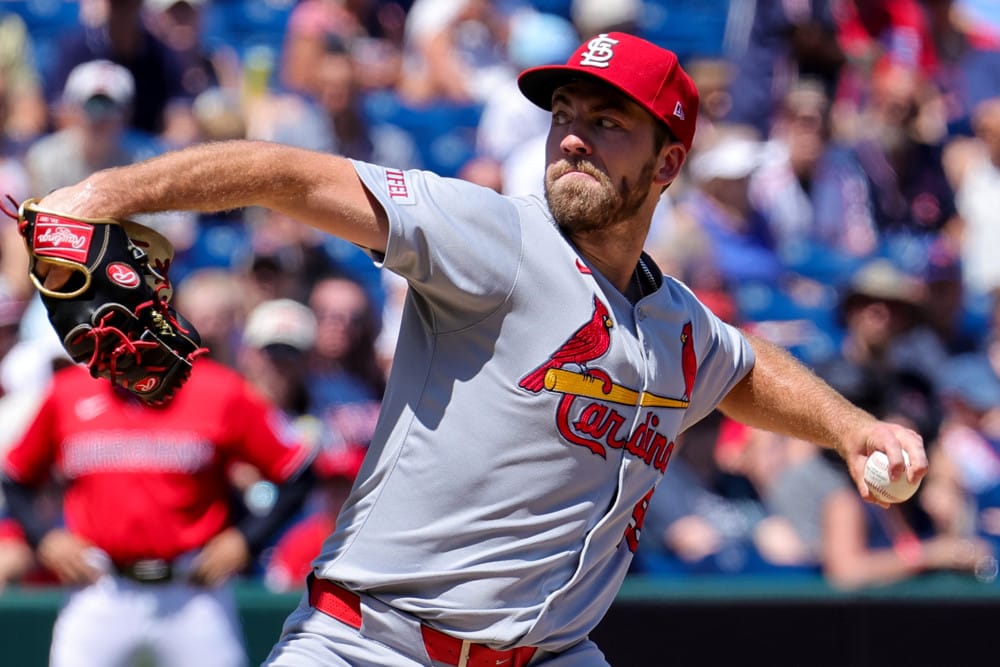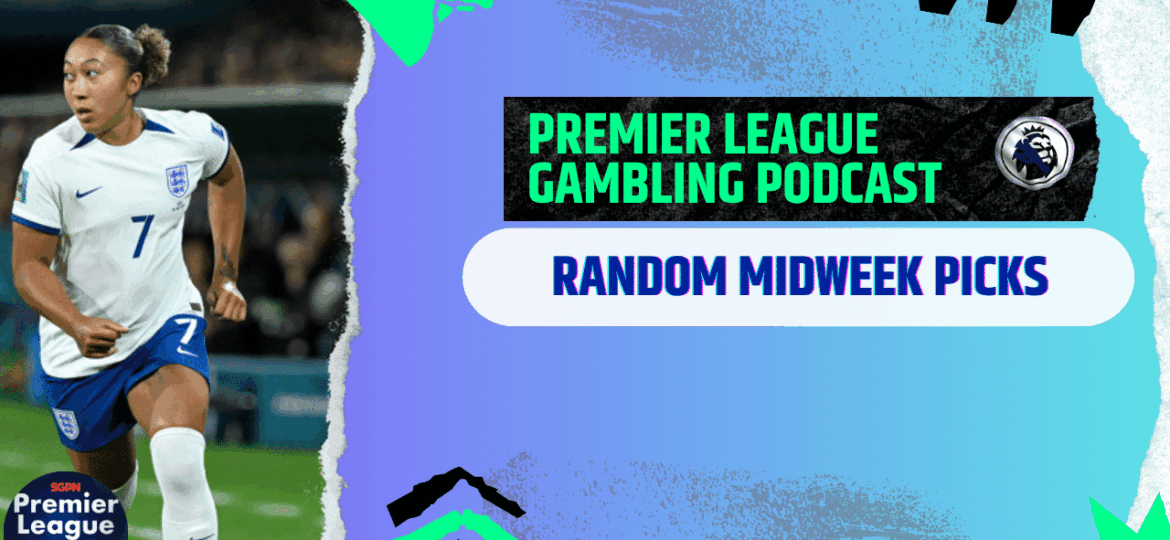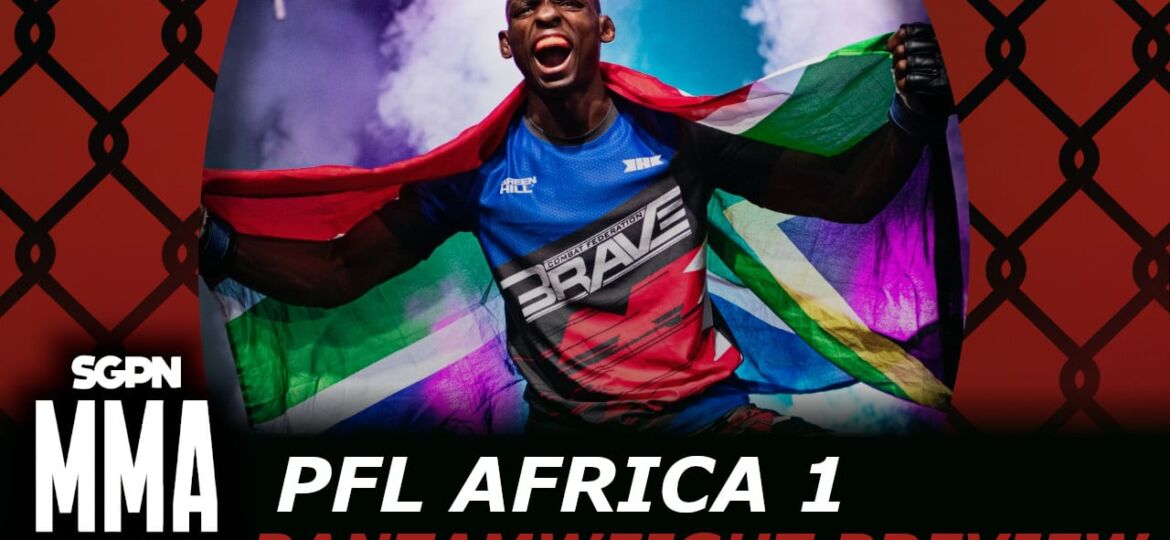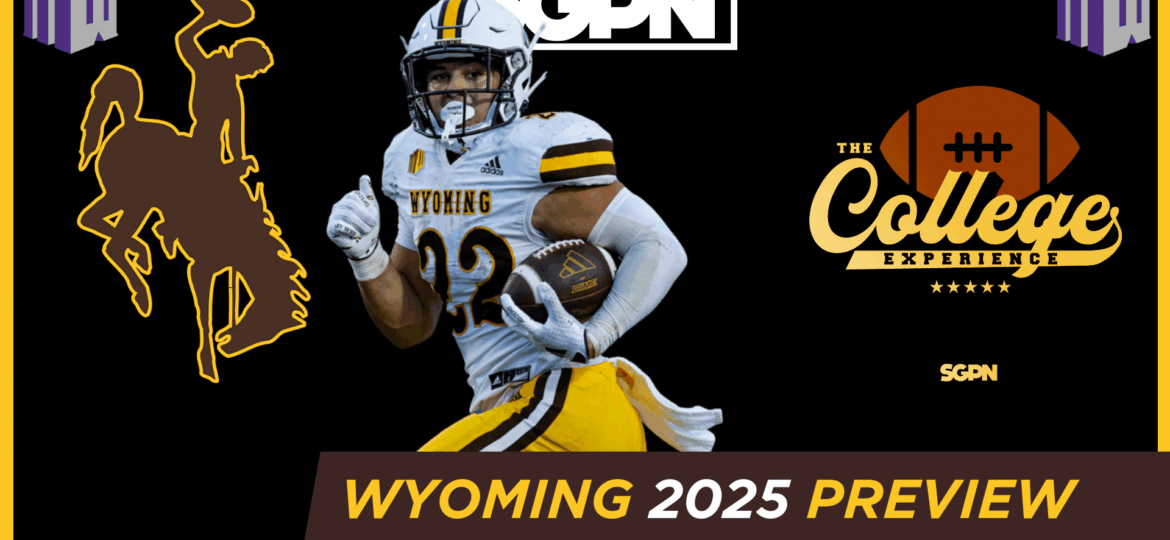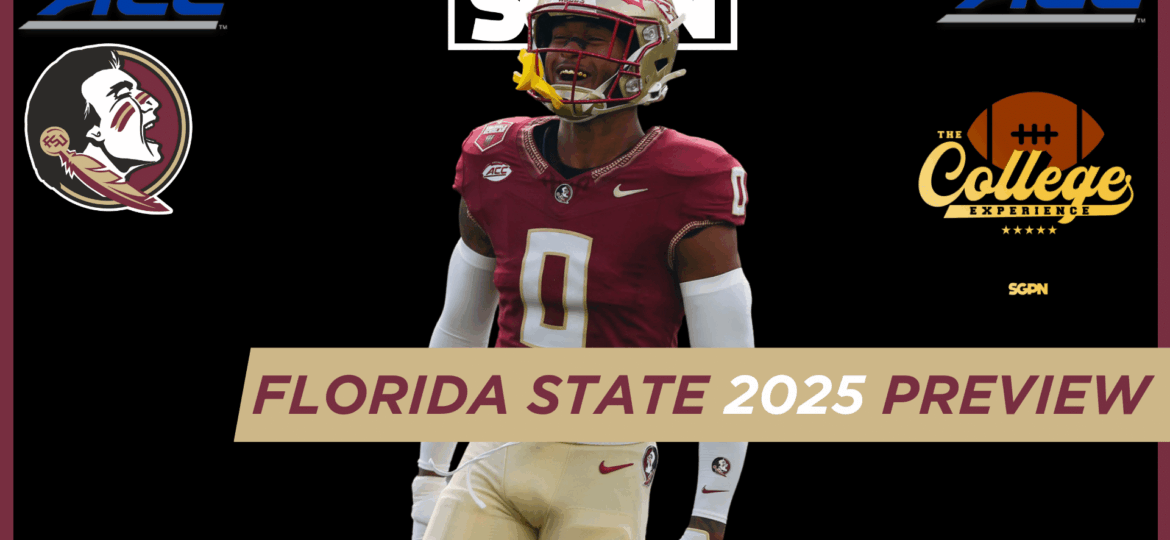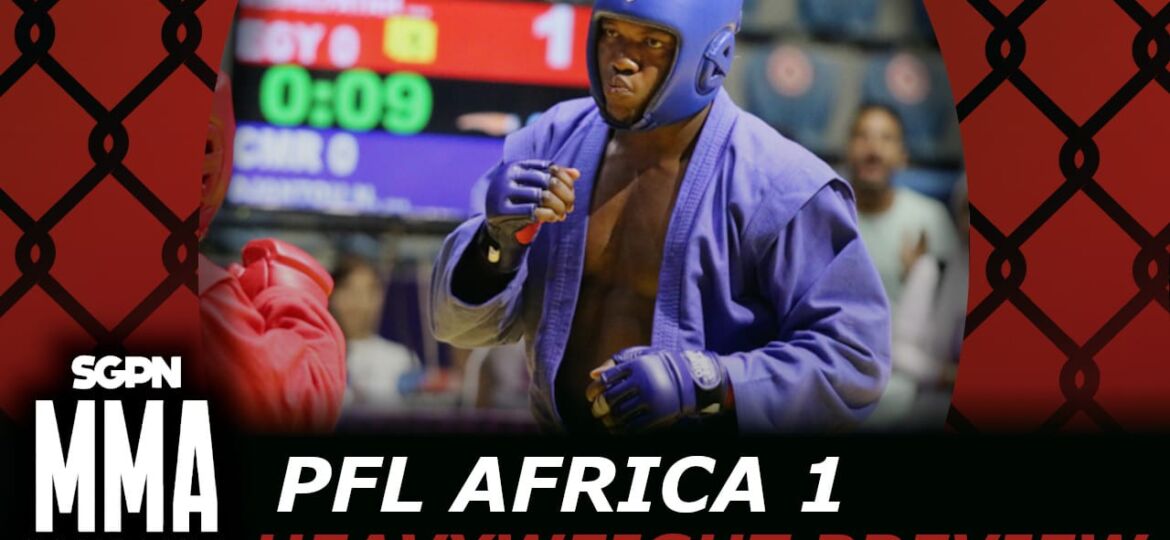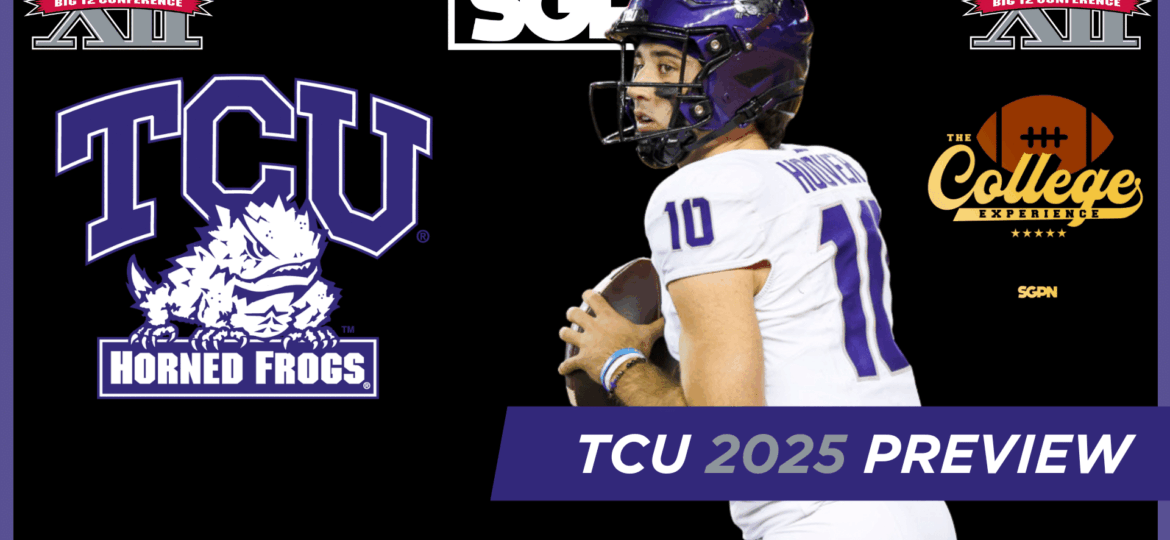Americans have wagered over $125 billion on sports since the legalization of sports betting following the US Supreme Court ruling on 4th May 2018.
Immediately after the court overturned the Professional and Amateurs Sports Protection Act (PASPA), states began scrambling to pursue the lucrative opportunity by passing state laws that allowed regulated sports betting.
As of this writing, over two-thirds of the states in the US have legalized sports betting markets. According to the American Gaming Authority (AGA), the four-year market has already generated over $1.3 billion in state and local taxes.
Americans can now place sports wagers on reputable betting sites such as those reviewed here https://www.gamblingsites.com/football-betting/sites/. But what are the impacts of the legalization of sports betting on sports in the US?
The Relationship Between Leagues and Sports Betting
Before getting to the details on how sports betting has affected different sports, it is important that we start by explaining the relationship between the two industries. Before 2018, major sports leagues in the USA like the NFL and NBA were always against the legalization of sports betting in the country.
These leagues feared that gambling would corrupt the integrity of their sports. In a different market overseas, European soccer leagues have thrived off betting on soccer matches for decades. However, European leagues have faced scrutiny on several occasions due to sports betting scandals.
Even professional European leagues have been wary about the possibility of gamblers and sportsbooks trying to fix matches. This has happened on rare occasions and the impacts are damaging to all stakeholders.
These are some of the concerns that drove US professional and collegiate leagues to withhold their support for nationalized sports betting. However, even leagues that initially opposed legalization have now made peace with the fact that sports betting is here to stay.
How Legalization of Sports Betting Affected the Sports Industry
Sports have always gone hand in hand with betting for centuries. It is obvious that fans love to extend their sports experience by placing wagers on their favorite teams.
While many countries have tried to ban sports betting, recent technologies such as the internet and VPNs have made it almost impossible for such efforts to yield any results.
The more a government tried to restrict sports betting, the more the black market grew. US lawmakers have come to face the fact that people will always bet on sports, and potential betting tax revenue has driven the legalization process. In addition, legalization promises to preserve the integrity of the sport and enhance consumer protection.
A Source of Revenue
When sports leagues realized that they could no longer fight sports betting, they took the only option left – seizing the opportunity. There is an old saying that advises us to “follow the money.” Leagues realized that there were numerous ways to profit from the young US sports betting market.
The money leagues collect from collaborating with sports betting organizations is a lot. The same kind of money that allows small-market teams in the English Premier League to compete against wealthier teams for top players.
Marketing Partnerships with Sports Betting Operators
Once the tense relationship between leagues and sports betting operators eased in the US, both parties realized that there were huge marketing benefits available for each party. For mobile and retail sportsbooks, the affiliation with major leagues and teams meant massive exposure to the right audience.
Given the popularity of top leagues and teams, betting operators have always coveted having their brands affiliated with these teams and leagues. Leagues and teams, on the other hand, have collected enormous fees for marketing relationships.
Caesars recently paid $138 million for naming rights to the New Orleans Superdome, which is home to the NFL’s New Orleans Saints. This is just the tip of the iceberg of what is going on.
Overseas Exposure
There is a lot of European influence on the sports betting community in the US. William Hills was acquired by Caesars Entertainment, which later sold all its non-US assets to 888 Sport. Bet365 and Unibet are operational in several US states, MGM partnered with Entain to create BetMGM.
These collaborations between European and US sportsbooks have helped push US leagues to overseas markets. This has resulted in US leagues gaining an overseas fanbase, which has helped drive merchandise sales.
UK bettors are gradually learning to love the NFL, and they can definitely place bets on NFL matches through UK-licensed online bookmakers. If a UK-based gambler wants to bet on the NBA while being blocked from UK-licensed sportsbooks, they can still access a non-UK betting site. Everyone can now get into action – thanks to technology.
League’s Obligation to Shape the Sports Betting Market
Despite acquiescing to the legalization of sports betting, sports leagues in the US are still focused on preserving the integrity of their sports. This has compelled major leagues to key decisions concerning betting activities in their sports.
Leagues are currently lobbying for the legal ability to opt out of specific bet types offered by oddsmakers. This will allow leagues to take certain bets off the board, especially those that could be detrimental to the game.
Exotic bets that are decided in single-play events are a good example of bets that could be susceptible to fraud. Leagues opine that this will help protect the integrity of the American sport. However, bookmakers argue that such measures will result in significant losses on their end.
Operators maintain that they reserve the right to offer any kind of bets they choose, and any exceptions should only arise through individually negotiated agreements between the leagues and sportsbooks – not having government authorities force terms upon bookmakers.
This idea goes hand in hand with integrity monitoring. Professional and collegiate leagues are also seeking legal access to betting data from bookmakers for fraud monitoring purposes. Leagues are finding themselves tasked with the responsibility of monitoring sports betting activities.
Final Thoughts
Leagues are shifting their focus to individual deals with betting houses to generate additional betting revenue and address the data and integrity concerns listed above. Though leagues are still lobbying for integrity fees to be enacted into law, these individual agreements between leagues and sportsbooks show a potential compromise.


